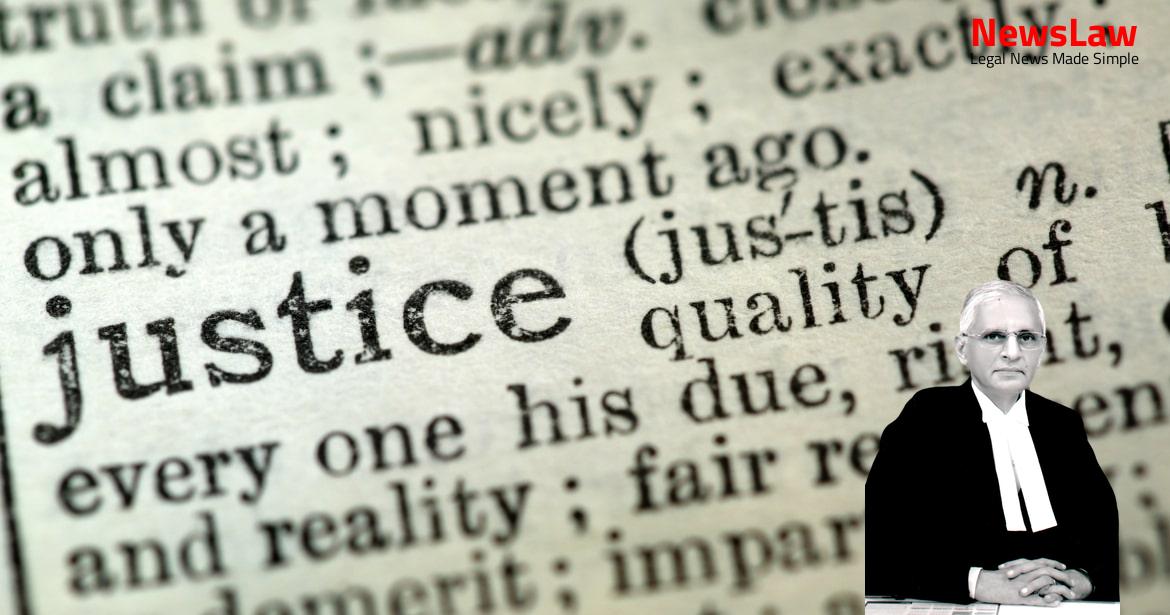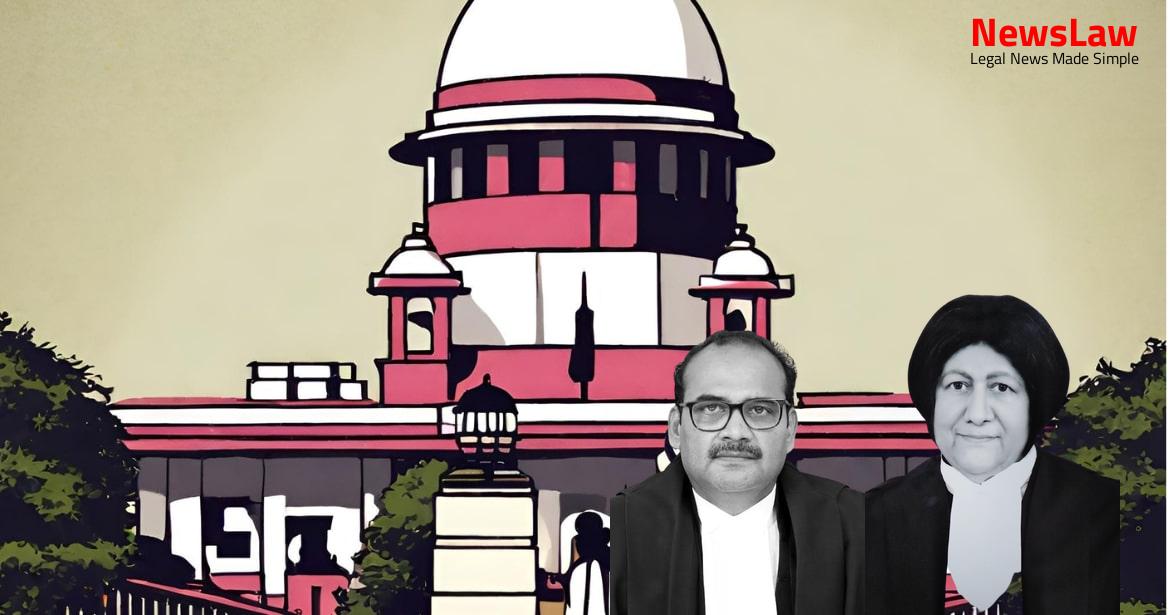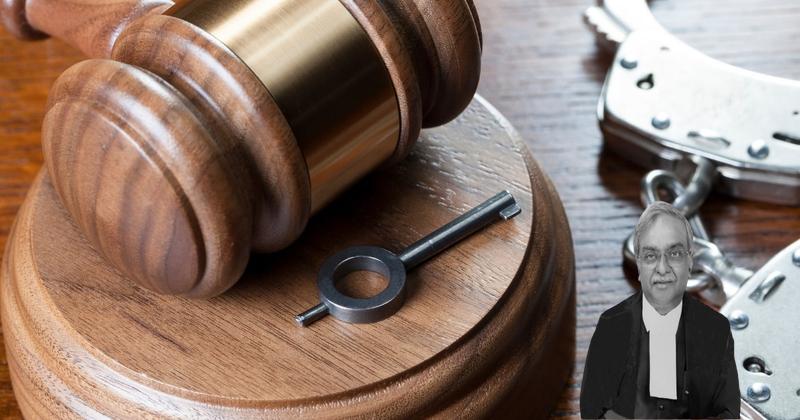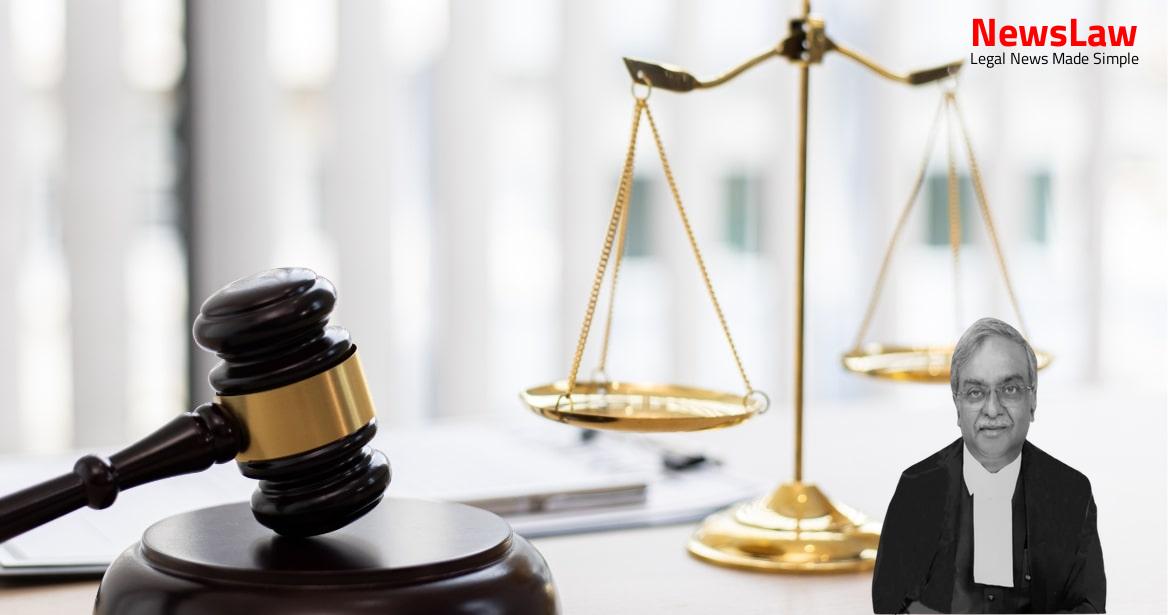In the case of Mukesh Kumar v. President of India, the Supreme Court of India delivered a significant judgment regarding the rejection of the mercy petition filed by Mukesh Kumar, a death-row convict in Nirbhaya’s case. The court found no merit in the arguments presented by Mukesh Kumar, the petitioner, challenging the rejection of the mercy petition. This blog explores the details of the case and the court’s decision on the matter.
Facts
- The petitioner, Mukesh Kumar, a death-row convict in Nirbhaya’s case, filed a writ petition challenging the rejection of his mercy petition by the President of India.
- The petitioner emphasized that relevant materials were not placed before the President, as necessary documents were not considered during the mercy petition review.
- Citing the case of Shatrughan Chauhan v. Union of India, it was highlighted that all relevant documents should be presented to the President for a fair consideration of the mercy petition.
- The Superintendent of Tihar Jail provided documents related to the mercy petition between 20.01.2020 and 23.01.2020 in response to the petitioner’s RTI application.
- The petitioner’s lawyer argued that the power under Article 72 of the Constitution should be exercised with great care and circumspection when considering mercy petitions.
- The petitioner raised concerns about the swift rejection of the mercy petition, alleging a pre-determined stance and non-application of mind.
- It was noted that the petitioner had been in solitary confinement for over one and a half years, leading to severe psychiatric ailments.
- The petitioner urged for the consideration of relevant circumstances such as the prisoners’ suffering in the prison and the exclusion of extraneous factors during the mercy petition review.
- The petitioner claimed non-observance of established rules and guidelines in the consideration of his mercy petition by the President of India.
- The trial court convicted the petitioner and co-accused on 13.09.2013.
- The High Court confirmed the death sentence on 13.03.2014.
- The Supreme Court upheld the death sentence on 05.05.2017.
- The review petition was dismissed on 09.07.2018.
- The petitioner filed a mercy petition on 14.01.2020 after exhausting all remedies.
- The mercy petition was rejected, and an execution warrant was issued for 01.02.2020.
- Both trial court and High Court categorized the incident as falling under ‘rarest of rare’ cases.
Also Read: Judgment on Service of Summons and Authenticity of Power of Attorney
Arguments
- The petitioner contends that his sufferings in prison were not considered during the rejection of his mercy petition.
- The learned Solicitor General refutes the claim of solitary confinement, stating that the petitioner was intermingling with other prisoners.
- Quick rejection of the mercy petition is not grounds for judicial review under Article 72 of the Constitution.
- The recommendation of the Jail Superintendent is not mandatory, and the guidelines allow for recommendations ‘if any’.
- The alleged sufferings in prison and the quick rejection of the mercy petition are not valid grounds for judicial review of the executive order.
- The guidelines for dealing with mercy petitions include considerations like the personality of the convict and delays in investigation and trial.
- The Superintendent of Jail is not mandatory to make recommendations about the conduct of the petitioner.
- The rejection of the mercy petition by the President was deemed appropriate as per the guidelines laid down in previous judicial decisions.
- The petitioner filed a mercy petition addressed to the President of India and the Lieutenant Governor on 14.01.2020.
- The mercy petition was forwarded to the President of India and rejected on 17.01.2020.
- The Deputy Chief Minister announced the government’s recommendation for rejection of the petitioner’s mercy petition less than 24 hours after receiving it.
- The entire process of rejecting the mercy petition was done with ‘lightening speed’ and with a predetermined mind according to the petitioner’s legal counsel.
Also Read: Balaji v. Nargolkar: Auction Sale Set Aside
Analysis
- Under Article 161 of the Constitution, the Governor has the power to provide relief to any person convicted of an offence falling under the state’s jurisdiction.
- Article 72(1)(c) grants the President the authority to commute sentences, including death sentences.
- The President can grant pardons, reprieves, respites, or remissions of punishment, and also suspend, remit, or commute the sentence of a convicted individual.
- The defence of the petitioner and relevant materials were considered by the trial court, High Court, and Supreme Court before being rejected.
- The four documents listed in Annexure P/2 were likely the only documents available initially; however, all relevant materials were eventually placed before the President.
- The disposal of mercy petitions under Articles 72 and 161 involves considering various factors including the nature of the crime and its impact on society; thus, the time taken cannot be labeled as delay.
- The detailed note presented to the President included all relevant materials for consideration before rejecting the mercy petition.
- It is not necessary to present every material relied upon by the petitioner to the President; the key documents were considered in making the decision.
- The Ministry of Home Affairs affirmed that all required documents were submitted to the President for review before the mercy petition was rejected.
- The contents of the files from the Ministry of Home Affairs, NCT of Delhi, and the Lieutenant Governor’s office aligned with the affirmation that all relevant documents were included in the review process.
- All pertinent records and circumstances surrounding the crime were taken into account before the President’s decision to reject the mercy petition.
- The contention that essential materials were not considered by the President was deemed without merit after detailed examination of the presented documentation.
- Delay in handling mercy petitions may justify judicial review under Article 72/161 of the Constitution.
- Documents such as DNA reports, odontology reports, complaint records, case diaries, and dying declarations were sent to the relevant authorities for consideration.
- Judicial review of the order of the President or the Governor under Article 72 or Article 161 is available and can be impugned on specific grounds.
- Key grounds for challenging the order include lack of application of mind, mala fide intent, consideration of extraneous or irrelevant factors, exclusion of relevant materials, and arbitrariness.
- Reasons for granting pardon/remission should be indicated in the order to avoid affecting the exercise of judicial review.
- The power to commute a death sentence is a constitutional duty of the President or Governor, not an act of grace.
- Both Articles 72 and 161 empower the highest dignitaries, without limitations, to examine evidence independently of the judiciary.
- The executive’s power to grant remission of sentence is characterized as an act of grace and humanity in appropriate cases, unfettered in nature.
- Important grounds for judicial review of rejection petitions under Article 72 include the Governor exercising power alone, transgressing jurisdiction, lack of application of mind, decision based on extraneous considerations, and mala fides.
- The manner of exercise of power under Articles 72 and 161 is primarily discretionary, with limited judicial review to ensure consideration of all relevant materials.
- Judicial review of the President’s order rejecting mercy petition not warranted
- Quick consideration and rejection of mercy petition not indicative of pre-determined mind
- No grounds for challenging the order under Article 72/161 of the Constitution
Also Read: Jurisdiction of Family Court in Cases under Muslim Women’s Protection Act
Decision
- The writ petition filed by the Petitioner No. 1 challenging the RPC is dismissed.
- The court found no merit in the arguments presented by Petitioner No. 1 in relation to the RPC.
- The dismissal of the writ petition indicates that the RPC will continue to be enforced as it currently stands.
Case Title: MUKESH KUMAR Vs. UNION OF INDIA (2020 INSC 103)
Case Number: W.P.(Crl.) No.-000040 / 2020



